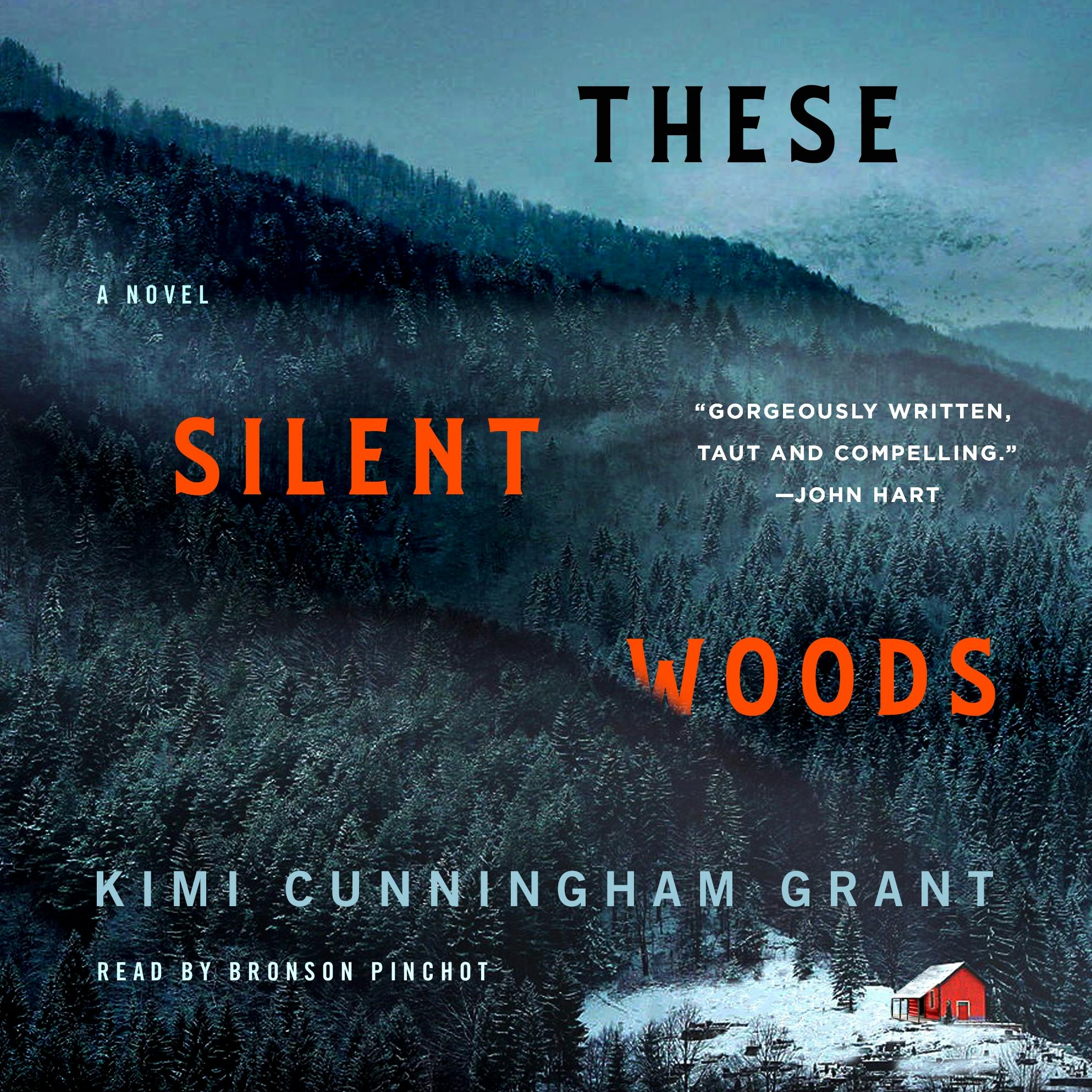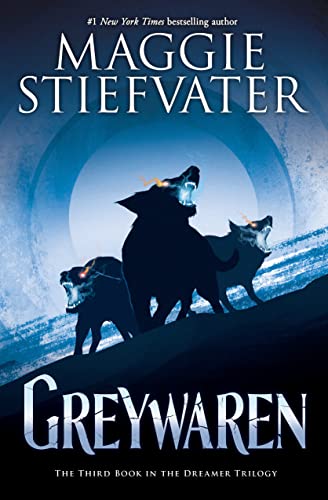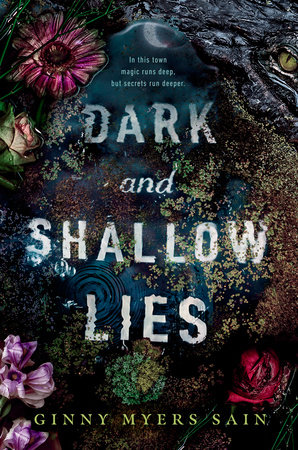Unseelie by Ivelisse Housman is a debut novel with massive potential but enough plotting and pacing missteps that it never truly soars.
I was lucky enough to get an ARC of Unseelie through work, and I was immediately excited. I love a good cover, and I could tell immediately that this was a great one: interesting, attractive, and—most importantly—an accurate representation of what I’d find inside the covers. Seriously! Look at Isolde and Seelie. They look so good! I was already interested upon seeing the book, but reading the blurb clinched it. A faerie story with a pair of sisters at its heart? A fantasy novel about an autistic changeling living alongside her human counterpart written by an autistic author? Plus, the official blurb uses the word “heist,” and I’m onboard any and all heists ever since Six of Crows. I could almost sense the five-star rating.
What’s it about?
Seelie—an unfortunate childhood nickname for Iselia—is a changeling who has been raised alongside her human counterpart, Isolde. After an unfortunate incident, the two girls left their much beloved parents and hit the road to make their own way until it is safe to return home. When a robbery goes wrong, they find themselves mixed up with another pair of thieves who recruit them on a quest to find a treasure.
What’d I think?
Like I said, I was predisposed to like this one. Literally everything about it appealed to me from the outside looking in, so it’s hardly surprising that I liked it as soon as I started reading. Seelie and Isolde are immediately wonderful in their contrast. Seelie, the primary hero and our narrator, is cautious and repressed, always glancing over her shoulder, expecting the worst, and denying herself by quashing and ignoring her faerie magic. Isolde is more physical, fully inhabiting her body as Seelie inhabits her mind: Isolde is always in action, fighting or fidgeting, stealing or drinking. I’m somewhat bewildered that I’ve never come across a story before that presents a faerie changeling and the human she was meant to replace together. Instead of accepting the switch or swapping the children back, Seelie and Isolde’s mother went into a faerie realm for her daughter and returned with both the original and swapped child, and raised them as twins. I absolutely adore that idea, and it’s immediately very fun because the very situation gives so much character to both the girls as individuals and as a duo.
Unfortunately, it isn’t all smooth sailing for Unseelie. The novel hits its first snag when the girls meet Raze and Olani, a pair of magicians, while trying to rob a powerful home. There’s no problem with the new characters and, in fact, I really enjoyed them as well and the dynamics between Raze and Olani, between Seelie and Raze, between Olani and Isolde, and between the four as a complete group are all very compelling. No, the problem is not with the new characters; it is with the plot that they bring with them. Or, rather, the plot that they don’t bring with them.
See, Raze and Olani are looking for a treasure. They’re very desperate to get to it, but they don’t seem to have much of an idea of what the treasure actually is or what they’re going to do with it once they get it. They want it because they’re in conflict with Leira Wildfall, a cruel and powerful shapeshifter, and Leira has been searching for it for years. That’s it. Leira wants the treasure, so Raze and Olani decide to go all out to find it before she does. There are a lot of action sequences as the two duos merge that add some drama and tension to the proceedings, but on the whole Raze and Olani’s stake in the treasure feels largely unmotivated, and Leira herself—despite chasing our heroes—is an odd villain as, until about the last third or so, there’s no real indication as to why everyone hates her so much except that maybe she’s a little too smug about the parties she throws.
The reasons, when we finally get them, are good, but we don’t hear them until it’s too late to truly internalize them; as a result I got the impression I was being told how to feel, what to find important, rather than coming to it organically. I was told the heroes need to find that treasure. I was told that Leira sucks. I went along with it because I liked everything else going on, but it makes it very difficult to say what this book is about. It almost feels like the ‘we need this treasure’ plot was slapped in because a reason was needed for these four great characters to come together and do stuff.
To be honest, that doesn’t bother me all that much. Characters are way more important to me that plot, and if I had to pick only one element of the book to be good, I would pick character. Housman gave me excellent characters, an exciting family dynamic, and some cute romantic tension. I wish the impetus for giving me those things had been a little better, but hey. This is a debut, and you can’t always have everything in a debut.
One quick gripe about the romance, though. Yes, I know I just said I liked it, and I did overall. The gripe I have is in the meet-cute. When Seelie first meets Raze, she describes him as “my age, maybe a little older” and then gets a bit meta to clarify that he isn’t handsome and she isn’t attracted to him, so it was just an age description, not an indicator of romance. I’m not gonna lie: I was so freaking hyped by that. I’m famously not a big fan of most major romance tropes, and as a general rule I really hate it when you can tell within one sentence of a new character’s introduction if they’re the love interest or not, so I was absolutely delighted that Housman was lampshading and subverting that. Except she wasn’t, because Raze is Seelie’s love interest. “My age, maybe a little older” isn’t a sign that the characters are falling in love in the very moment; it’s a sign that the new character is the right age to romance the hero, and therefore will. I’m still onboard with Seelie/Raze—some of their bickering was a little forced, but I’m inclined to forgive that because Seelie, who is autistic, indicates that she sometimes struggles to read social cues, and therefore mistakes Raze’s flirting as actual antagonism—but I wish I hadn’t been promised a subversion before getting the romance played exactly straight.
I love the autistic representation, though. Seelie’s autism is both a large part of her character and no big deal to the larger story. The word is never used in the novel itself, intentionally, but as we are in Seelie’s mind through her POV, we experience her world the way that she does. I hadn’t realized that changeling stories have historically often been leveraged against autistic children, but I love that Housman has reclaimed that and made a really compelling heroine out of it.
I probably would have given Unseelie four or four and a half stars if it had not been for the very end. I’m not going to get into it too deeply as my intent is to keep this review spoiler-free, but suffice it to say that when Seelie and the others find the treasure, Seelie does something with unintended but hardly unforeseeable consequences. The traditional storytelling structure would end the novel there, or at least thereabouts. Instead, it goes on for another hundred pages or so during which the story changes drastically and Seelie has a series of adventures that both seem to draw out an ending that should have happened already and flies by too fast to fully deal with all the repercussions of what’s happening. It honestly feels like this is material that was originally meant to be in the second book, but was tacked onto the end because Unseelie might have been too short without it. This is meant to be a duology, but based on this book I wonder if it might’ve been served better as a trilogy. Unseelie could have fleshed out Leira and the treasure a bit more at the forefront, given the beginning of the story a little more space to breathe, and then ended with a banger of a cliffhanger. Book two could have used what happens post-treasure. It would need to be slowed down and expanded, with subplots for other characters, but it feels like its own major conflict that needs significantly more time and attention that it gets here. Then book three could take care of whatever Housman has planned for the original book two. Or maybe a duology works perfectly, but book two would need to be a bit longer to absorb some of what is currently in Unseelie.
There’s nothing wrong with the content here. It’s interesting, and I enjoyed it, but it feels out of place. The plot shouldn’t take off at the end of the book when the reader is expecting the denouement. There’s something to be said for playing with traditional story structure, but that doesn’t feel like it’s what’s happening here. It just feels like yet another plot and pacing misstep in a book that, although it does everything else right, makes a lot of plot and pacing missteps.
What’s the verdict?
If you’re someone who reads for a well-structured plot and technically proficient writing, this maybe isn’t the first novel I would recommend. It has some significant pacing issues, with the plot motivation for half of the main characters coming way too late to inform much of anything, and a major chunk of plot that inexplicably takes off in a different direction right when it feels like the existing action should have been slowing down. That being said, everything else about this book is excellent, particularly for a debut. Ivelisse Housman plays with different parts of faerie and changeling lore than I’ve seen in fiction before, and does so with aplomb. The twin sisters at the heart of the novel are delightful as individuals and even more compelling in contrast with each other, making for a very grounded emotional storyline. Add to that authentic autism representation from an autistic writer and an absolutely gorgeous cover and you have a great fantasy adventure that you should probably have on your shelf.
What’s next?
I’ve unfortunately read very few novels with autistic characters that are written by autistic authors, and none of them are fantasy. That said, both The Kiss Quotient by Helen Hoang and Queens of Geek by Jen Wilde have Autistic heroines and writers, and are excellent. Heads up, though; The Kiss Quotient is an adult romance book, not YA, and isn’t necessarily appropriate for everyone who may have read and loved Unseelie.
If your favorite part of Unseelie was the faeries, you should read The Darkest Part of the Forest by Holly Black. Black is more famous for her Cruel Prince series, which is also faeries, but the former is way better if you ask me. It’s more about the faeries and less about the romance, and it’s one of my favorites. It also focuses on a strong sibling bond between one sibling who is more action-oriented and one who’s a little more sensitive.
Cassandra Clare does some good work with faeries as well, particularly in Lady Midnight and its sequels. Mark, one of the main characters, is a changeling and that is a major storyline throughout the trilogy.
I also adored Laini Taylor’s Faeries of Dreamdark series as a kid. I can’t wholeheartedly recommend it as Taylor heartlessly abandoned it without finishing it, leaving it on a deadly cliffhanger that seems doomed to remain unresolved, but I still love it so much.
Gail Carson Levine also has some great fairy tales. They’re more traditionally princessy than Unseelie or most of my other recommendations, but still a blast.
If you liked the idea of a heist, read Six of Crows by Leigh Bardugo. That’s probably my favorite book. If you’re on this blog and you still haven’t read it yet… how? Why?
Want more pairs of siblings in fantasy? Reckless by Cornelia Funke is amazing. Mackenzi Lee’s Montague Siblings series is a hoot. The Spiderwick Chronicles by Toni DiTerlizzi and Holly Black is also really fun.












 I got Nevernight by Jay Kristoff from the library because I picked a few books from my goodreads to-read list at random. I don’t know how Nevernight ended up on that list in the first place, as I don’t generally read dark or adult fantasy and while I have read Kristoff’s work in the past (specifically, I read
I got Nevernight by Jay Kristoff from the library because I picked a few books from my goodreads to-read list at random. I don’t know how Nevernight ended up on that list in the first place, as I don’t generally read dark or adult fantasy and while I have read Kristoff’s work in the past (specifically, I read  For obvious reasons, book club has not been meeting for the past few months. I run the book club for work, which reads adult books, and while I very much enjoy doing so, left to my own devices I usually read YA. I meant to read the book club selections anyway, but then I kind of… forgot. We were scheduled to read A Good Neighborhood by Therese Anne Fowler a while back. April, I think, although I’m not sure, and I finally got around to reading it.
For obvious reasons, book club has not been meeting for the past few months. I run the book club for work, which reads adult books, and while I very much enjoy doing so, left to my own devices I usually read YA. I meant to read the book club selections anyway, but then I kind of… forgot. We were scheduled to read A Good Neighborhood by Therese Anne Fowler a while back. April, I think, although I’m not sure, and I finally got around to reading it.
 I don’t remember when I first heard about Erika L. Sánchez’s novel I Am Not Your Mexican Daughter, but it’s been on my to-read list for a long time. I considered buying it almost every time I went into a bookstore for the past year, but I never did and eventually got it from the library instead. Thank goodness I did, because I Am Not Your Perfect Mexican Daughter is not nearly as good as I expected it to be.
I don’t remember when I first heard about Erika L. Sánchez’s novel I Am Not Your Mexican Daughter, but it’s been on my to-read list for a long time. I considered buying it almost every time I went into a bookstore for the past year, but I never did and eventually got it from the library instead. Thank goodness I did, because I Am Not Your Perfect Mexican Daughter is not nearly as good as I expected it to be. Even though I read it pretty quickly, I was ultimately very disappointed by We Told Six Lies by Victoria Scott. Thrillers, in my opinion, tend to be either very good or very bad and while We Told Six Lies straddled the line up until the end, it ultimately careened off onto the “very bad” side with an exceptionally ill-conceived twist.
Even though I read it pretty quickly, I was ultimately very disappointed by We Told Six Lies by Victoria Scott. Thrillers, in my opinion, tend to be either very good or very bad and while We Told Six Lies straddled the line up until the end, it ultimately careened off onto the “very bad” side with an exceptionally ill-conceived twist.
 I’m going to pretend that my absence from blogging for the past month or so was a planned hiatus rather than a pause caused by moving, starting a new job, getting sick, having family over, and reading slowly. This will most likely be the last regular book review of the year, though I’m hoping to get my annual top and bottom ten lists out sooner rather than later.
I’m going to pretend that my absence from blogging for the past month or so was a planned hiatus rather than a pause caused by moving, starting a new job, getting sick, having family over, and reading slowly. This will most likely be the last regular book review of the year, though I’m hoping to get my annual top and bottom ten lists out sooner rather than later.

